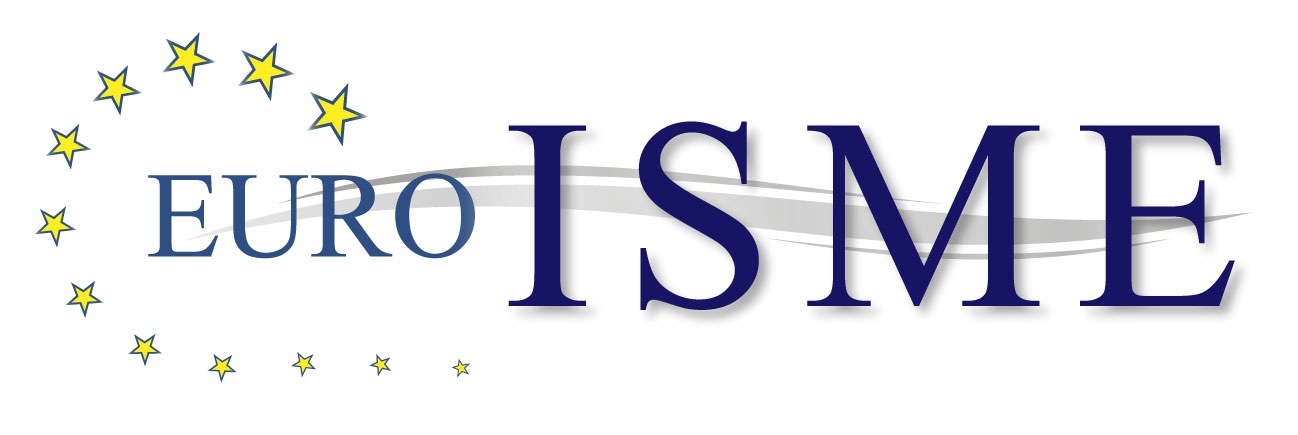Literature as a seismograph for crisis, the "Cassandra project", and the war in Ukraine
By Prof. Dr. Jürgen Wertheimer
Disclaimer: This blog entry is republished with the friendly approval of the author. It was first published on the website of our "Institutional Member" zebis/Positionen where it is also available in German language.
The dramatist Georg Büchner once said:
“... we have coarse senses. Know each other? We'd have to crack open our skullcaps and rip the thoughts out of each other's brain fibers...“
That is expressed drastically, but it comes very close to reality, because we know next to nothing about each other. Perhaps artificial intelligence will be able to "pull thoughts out of our brain fibers" in a few years' time... at the moment we have to accept the fact that we know very little about each other, and least of all the crucial things. The current political situation in Europe, the grueling stalemate over Ukraine, is a painful illustration of this truth. Mutual conjectures, attributions and assumptions determine our thinking, our reactions, and despite big data, global surveillance systems, and other high-tech tools, we poke around in the fog. Should we have forgotten something? Isn't our toolbox complete?
In fact, I think one part is missing: that of literature. The fact is that the medium of literature simply does not appear when it comes to prognosis, prevention, proactive action. Occasionally one hears that it is too slow, too complicated, text-heavy, unworldly. The converse is the case. Literature is extremely realistic, even addicted to reality. If she weren't, wouldn't she have been persecuted by censors and inquisitors for centuries?
She is not text-heavy, but linguistically accurate. She is the largest archive of written human experiences, spoken words and hidden thoughts. She is the footprint of our cultural genome.

She doesn't write history, she tells stories. Not interested in big names but in individual destinies, speaks not in the name of "human rights" but of human beings and is less interested in theoretical visions than in everyday emotions. Her greatest advantage, however, is that she communicates connections, shows perspectives and illuminates backgrounds. We are all in danger of being overwhelmed by avalanches of facts and thereby losing our bearings.
For all these reasons, we started the "Cassandra Project" five years ago: under the title "Early detection of crises through literature evaluation". Because the more you find out about yourself and others, including their hidden motives and abysses, the better prepared you are and the less vulnerable you become. Herta Müller put it very nicely several years ago: "You can no longer be surprised, you have already read (or written) through it all."
Our approach therefore focuses on the run-up, the phase in which conflicts slowly build up. The phase in which it does not burn yet. Unfortunately, we often tend to blind ourselves during this time and notoriously only react when it is almost too late.
Example Ukraine; now everyone is alarmed and surprised once again, as if the eight years between the Maidan uprisings and now could not have been used productively, but yes, HAD TO be used! Authors such as Serhij Zhadan, chronicler of the events in Donbass, have repeatedly outlined how revealing it can be "to see how history is made."
Since the summer of 2014 he has been writing down what happened to him on his journeys to the war zone in eastern Ukraine. Snapshots that make the essentials suddenly appear, short stories about people who suddenly find themselves on two opposing sides or no longer know where they belong to and what would become of them.
His colleague Yuri Andrukhovych repeatedly vents his disappointment with “Europe” in his books. In February 2014 he was deluged with calls from the West. But everyone was only interested in the "Nazis", "ultra-right fascists", - not in the complex reality on the square and behind the scenes.
As for Belarus, I think of Svetlana Alexievich, sitting isolated in her Berlin exile apartment, hoping for a highly unlikely return to her homeland. A tireless voice collector of war. In her books she repeatedly describes the banal, the horror, the fascination and the dangerous pathos of war. Something keeps preventing us from wanting to recognize the most obvious things. We just keep walking blindly, as Svetlana Alexievich describes it:
“In the Donbass I was wounded. A shrapnel went in and stuck like a stone. I bled - bled... and kept bandaging the wounded. I kept walking until I fainted from the blood loss. My boots were full of blood...".
Credits: Photo by Janko Ferlič on Unsplash [cropped]
